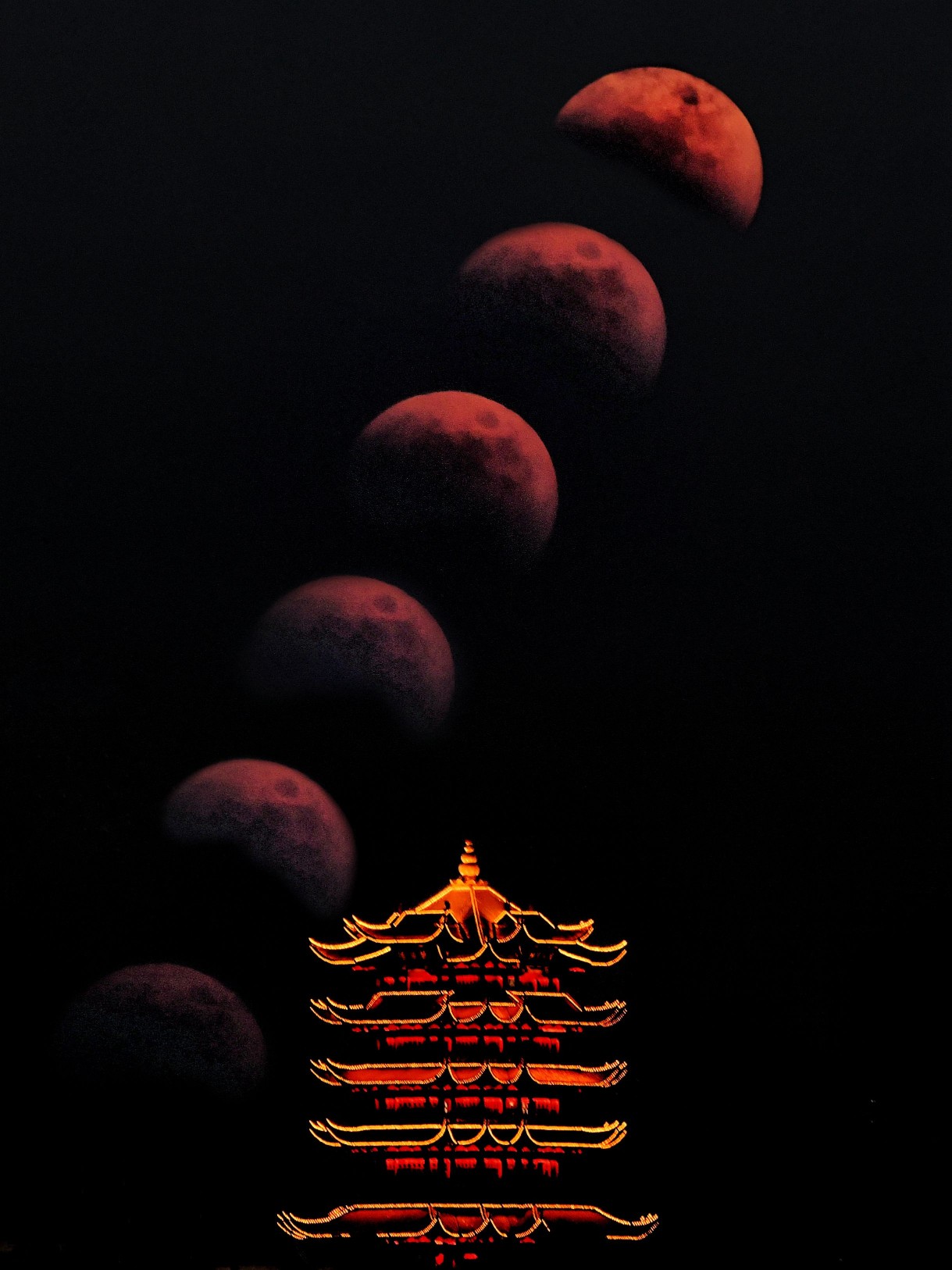Chinese characters not only serve for communication but also show how the ancient Chinese people perceived the universe in a romantic fashion. The Chinese ancients named wind, cloud, rain and fog with different beautiful words. These Chinese characters are endowed with elegant forms that enable people to imagine Nature fantastically.
汉字,不仅仅是沟通的文字,对古代中国人来说,更是一种,浪漫的展现。古人对风、云、雨、雾都有雅称,这些表达赋予了汉字形态,让万物都有了新的想象和模样。
Rain: 灵泽 (líng zé)
The elegant name of rain is 灵泽 (líng zé), which can be literally translated as heavenly water. In the eyes of the ancients, every raindrop carried with it emotions, sadness, emptiness or joy. This Chinese word always means unexpected surprise for them.
雨:灵泽
对古人来说,每一场雨都承载着情感,有愁绪、有空灵、有欣喜。雨的雅称“灵泽”,意思便是意外的惊喜。
Wind: 扶摇 (fú yáo)
扶摇 (fú yáo) is a Chinese word that Li Bai, the most famous poet in the Tang dynasty, used in his lines "大鹏一日同风起,扶摇直上九万里 (dà péng yí rì tóng fēng qǐ, fú yáo zhí shàng jiǔ wàn lǐ)" which means "If once together with the wind the rock could rise, He could fly ninety thousand li up to the skies." The word takes us back to the Tang dynasty where we seem to see Li Bai's carefree and leisurely life and his ambition to go from the bottom up like wind.
风:扶摇
“大鹏一日同风起,扶摇直上九万里。”李白用“扶摇”,让我们穿越回唐朝。同一时空下,能看到风自下而上的逍遥之感,以及李白的雄心壮志。
Fog: 水云 (shuǐ yún)
Fog is often called 水云 (shuǐ yún) in the Chinese classics, which literally means water cloud. The fog is smart, either galloping through the fields or curling up into the sky. So, the word "水云" fully reveals fog's characteristics as moving, stagnating, condensing and dispersing like water.
雾:水云
雾是灵动的,或在田野间奔腾而过,或袅袅升入天空。用“水云”来指代“雾”,充分描绘了其忽而移动、忽而停滞、忽而凝聚、忽而散开的特性。
Sun: 扶光 (fú guāng)
In Chinese literary works, the sunshine in spring and summer is called "春晖 (chūn huī, spring light)" and "骄阳 (jiāo yáng, scorching sun)" respectively. The sunshine in the evening is called "夕照 (xī zhào, evening glow)." The ancients believed that sunshine could dispel the decay and the dark, and nourish everything in nature. So, they called the sun "扶光 (fú guāng)," which literally means that the sunshine supports natural life. That is, if you have sunshine, you have the most beautiful thing in the world.
太阳:扶光
春天的太阳叫春晖,夏天的太阳被叫作骄阳,傍晚的太阳称为夕照。
古人认为,阳光能驱散黑暗角落的颓废、不安,滋润心灵深处的干涸。称太阳为“扶光”,表示拥有了阳光,就拥有了人间最美的东西。
Moon: 望舒 (wàng shū)
To the ancients, the moon was the clearest and brightest guide in the night. The waxing and waning of the moon was an important basis for them to measure life and perceive the universe. So, it was often used by them to describe and express people's feelings. 望舒 (wàng shū) was the goddess who drove the cart for the moon in Chinese mythology. It can also refer to the moon.
月亮:望舒
于古人而言,月亮是黑夜里最为清晰明亮的指引。月亮的阴晴圆缺是古人衡量生命、感知世界的重要依据,也成为他们争相描写、诉说情怀的对象。
“望舒”在中国神话传说中为月驾车之神,也可借指月亮。

Photo by Chen Hanjun
(Edited by Zheng Xiaoan)